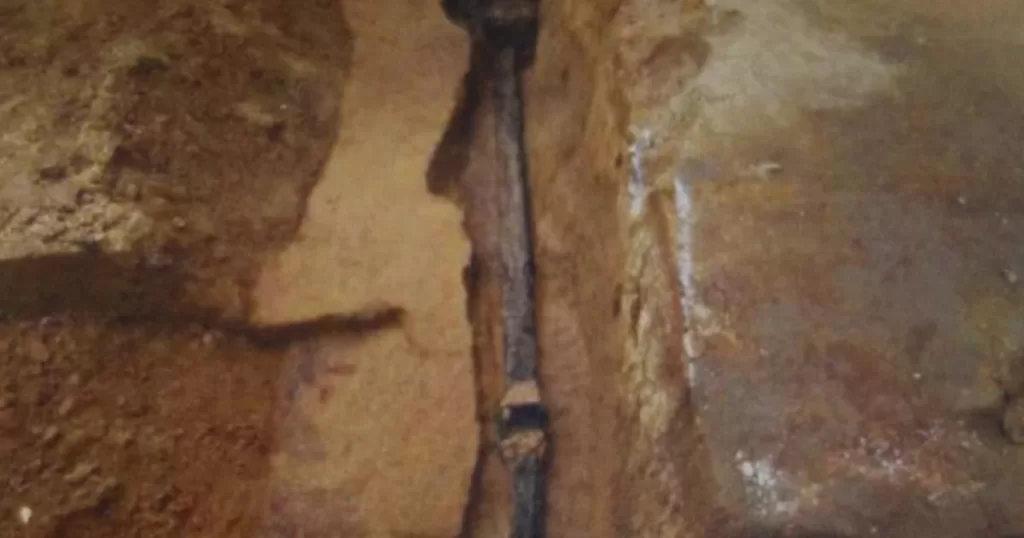Ancient Yayoi Period Settlement Uncovered at Former British Embassy Site in Tokyo
Excavations at the former site of the British Embassy in Tokyo’s Chiyoda Ward have uncovered the remains of a Yayoi period settlement, according to interviews with Chiyoda Ward officials. The site is being redeveloped by Mitsubishi Estate Residence and others, and so far 28 pit dwellings from the Yayoi and Jomon periods have been identified.

However, there are no plans to preserve the archaeological site, which will be backfilled after excavations and a condominium constructed on the land. No on-site briefing will be provided to the public, underscoring the difficulties in utilizing ruins found in central Tokyo.
According to Chiyoda Ward and others, Yayoi period pit dwellings dating from the early 1st to 2nd century AD were discovered on the site as of late October. Three Jomon period dwellings were also found, one containing shellfish remains. Additionally, 4 more dwellings from uncertain eras were identified, along with Yayoi and Jomon pottery fragments, Early Modern period water pipes and wells, and basements.
Excavations will continue until March 2024. Of the approx. 7,700 sq meter site, only about 3,700 sq meters have been investigated so far, meaning more ruins may still be uncovered.
Professor Ideshi Ishikawa of Meiji University (Archaeology) remarked: “I was surprised to find ruins at the heart of Tokyo. Particularly for the early Yayoi period, settlements with this number of dwellings have hardly been found in the southern Kanto region before. These shed light on lifestyles at the time and are academically invaluable discoveries.”
While Chiyoda Ward regards these ruins as a major find, they do not presently qualify for designation as a nationally protected historic site. The current policy is to document the excavations then re-cover the site. Consultations were held between the Ward and Mitsubishi Estate Residence on preserving part of the site or holding public briefings after announcing the discovery, but the company did not agree and these plans were abandoned. Developers’ and landowners’ wishes take priority regarding treatment of excavated ruins, and similar cases are not uncommon.
The costs of archaeological surveys are in principle borne by developers, and in this case Mitsubishi Estate Residence is paying expenses. A spokesperson stated that they are “responding in consultation with authorities based on laws and regulations.”
Going forward, the ruins will be backfilled and construction of the condominiums commenced on schedule after their survey is completed.
Source: Mainichi
Stories You Will Also Like
Tourist Arrivals to Japan Plunge Amid Rumors of July 2025 Disaster
Japan Unveils Solar Super Panel Project Targeting Power Output Equal to 20 Nuclear Reactors
Honda Tadakatsu Japans Legendary Samurai Who Fought 55 Battles Without Injury